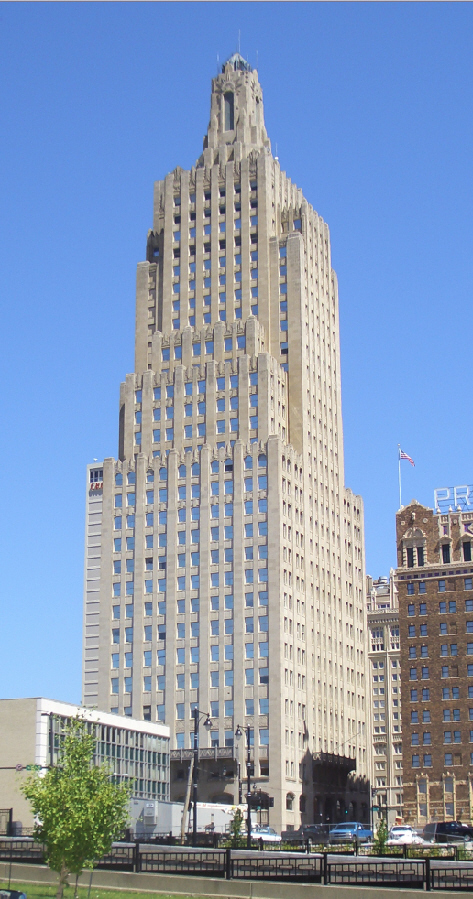My Objective: To Take $2.4 Million from the Stockholders of KCPL Over the Rest of My Natural Life Expectancy
Since the energy saving program 4 months ago, the real world results are exceeding projections. Thank you, again, to those of you who wrote me with suggestions! I estimated that the energy efficient light bulbs alone would save an average of 288 kWh per month, or 3,456 Kwh per year. They are actually saving 317 kWh per month, or a run rate of 3,804 kWh per year. That means my net cash savings are around $410 per annum.

My objective: To save $2,400,000 over a lifetime that would have gone to the stockholders of KCPL but instead stay in my family’s hands. All it requires is cutting the electric usage by $1,000 per annum for the rest of my life expectancy then putting the capital to work at average rates of return.
Over the next 25 years, if I put it to work at average rates of return, it will add an extra $40,300+ in net worth to my family’s balance sheet. By the end of my natural life expectancy, it will add $933,800+ in extra wealth to my family’s balance sheet. (To be fair, you’d need to back out the value of the initial cash outlay, plus a couple rounds of replacements, as well as increase the value of the annual savings at the rate of utility inflation, so it would work out to around $750,000 in extra wealth my children and grandchildren would get to enjoy).
All because I swapped a few light bulbs. It’s caused no disutility to me. If anything, the quality of the lighting has improved significantly. This is close to free, effortless money.
Together, the switch resulted in a 20.6% reduction in kWh usage thus far.
Even though I already mentioned it, I’m serious about trying to meet the challenge of getting the annual savings to over $1,000 as a game. It would require a total net reduction of 9,302 kWh per annum. With the light bulbs taking 3,804 of that, I need to come up with another 5,498 to unlock the achievement. The biggest potential: I got sidetracked with other projects and still haven’t finished looking into swapping water heaters. It looks like that is going to be some low-hanging fruit. I should be able to easily reduce my household needs by another 3,000 kWh per year, maybe more.
The crazy part? If I pull that off, and add the difference to my household investments, over the rest of my natural life expectancy, it would result in me adding an extra $2,400,000 or so to net worth.
It’s insane. Two million, four hundred thousand dollars. Let it roll off the tongue.
That number is significant because it is the same amount that the typical American family, with two spouses who have a high school degree, earn in an entire lifetime of work. Me, being clever one September, would have resulted in the economic equivalent of a married couple going to the office or factory for their entire lives and turning over 100% of their pre-tax income to me. It’s made entirely possible by the power of compounding and the fact I’m so young. Youth is its own form of capital that you can transform into money. Time is the asset.
People forget about the small stuff. It adds up. Never be too busy, or too rich, to pay attention to it. If you learn nothing else from this blog, it’s that you should see the opportunity cost of your actions. That’s what I’d like to train you to do so you can get more utility in your own life.
When I look over the paperwork, I’m not seeing the $1,000 as a mere rounding error of my annual income or balance sheet. Instead, I see the $2,400,000 I can grab for my family, heirs, and / or foundation without much work. Remember that’s it’s all a game and attack it with the same vigor you would Skyrim or SimCity. There are times, when I’m working on these odd side projects, I put on the Fable II soundtrack because it makes me feel like I’m building my real estate empire in Albion.
Making money should be fun. Saving money should be fun. Even if you decide you don’t want to invest the difference, get it anyway and go to Las Vegas to blow it all on blackjack and slot machines if that’s your thing. Piling up your investment portfolio doesn’t necessarily have to mean huge life sacrifices as you struggle with some Herculean task. Sometimes, a handful of tiny changes can make a big shift in the trajectory.
I love it when you all share your money saving tricks with me so if you have any good ones, let me know. Quite a few of us are in the habit, it seems, of stacking discounts, negotiating lower costs, or trying to squeeze out a few nickels for the challenge of doing it. Plus, it’s fun to know some of the things I now know about my own household, like the annual cost just to heat my coffee pot.


